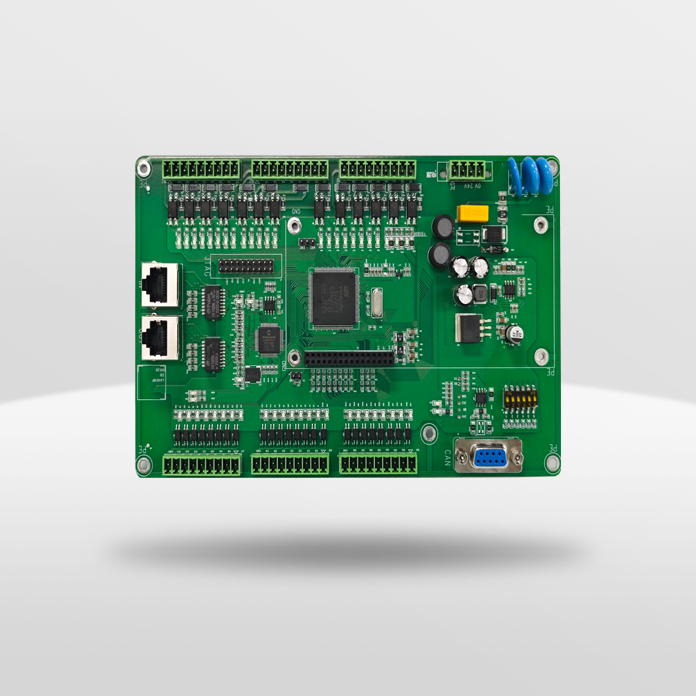In today’s rapidly evolving technological landscape, the need for seamless connectivity and enhanced efficiency has become paramount. This is where the IO expansion interface comes into play. As a copywriter with extensive experience in the field, I have witnessed firsthand how this innovative technology revolutionizes connectivity and streamlines operations.
Comparing IO Expansion Interface
When comparing the IO expansion interface with other elements, it becomes evident that its advantages are unparalleled. Unlike traditional interfaces, such as USB or HDMI ports, the IO expansion interface offers a wider range of connection options. With multiple input/output channels available, it allows for simultaneous communication between various devices without compromising speed or performance.
Furthermore, unlike wireless connections that may suffer from interference or signal loss issues, the IO expansion interface ensures stable and reliable data transfer even in challenging environments. Its robust design guarantees minimal latency and maximum throughput for uninterrupted operation.
Comparing Lavichip
lavichip is undoubtedly an impressive technology when it comes to expanding input/output capabilities; however, it falls short compared to the versatility offered by the IO expansion interface. While lavichip provides additional ports for connecting peripherals like keyboards or mice to a computer system, its functionality remains limited within that scope.
The IO expansion interface goes beyond mere peripheral connectivity by enabling seamless integration of diverse devices such as sensors, actuators, cameras, and more. This opens up endless possibilities for automation systems across industries ranging from manufacturing to healthcare.
Comparing Robot Teach Pendant

The robot teach pendant serves as an essential tool in programming industrial robots but lacks comprehensive connectivity features found in the IO expansion interface. While both technologies facilitate control over robotic systems through user-friendly interfaces, only the latter enables direct communication with external devices.
With the IO expansion interface, operators can effortlessly connect and control a wide array of peripherals alongside their robotic systems. This eliminates the need for separate interfaces or complex configurations, resulting in improved efficiency and reduced downtime during operations.
Conclusion
In conclusion, the IO expansion interface stands out as an exceptional solution for enhancing connectivity and efficiency in various industries. Its ability to provide versatile input/output options surpasses traditional interfaces like USB or HDMI ports. Additionally, when compared to technologies such as Lavichip or robot teach pendants, it offers a more comprehensive approach by enabling seamless integration with diverse devices while maintaining user-friendly operation. Embracing the IO expansion interface unlocks new possibilities for automation systems and ensures optimal performance in today’s interconnected world.

